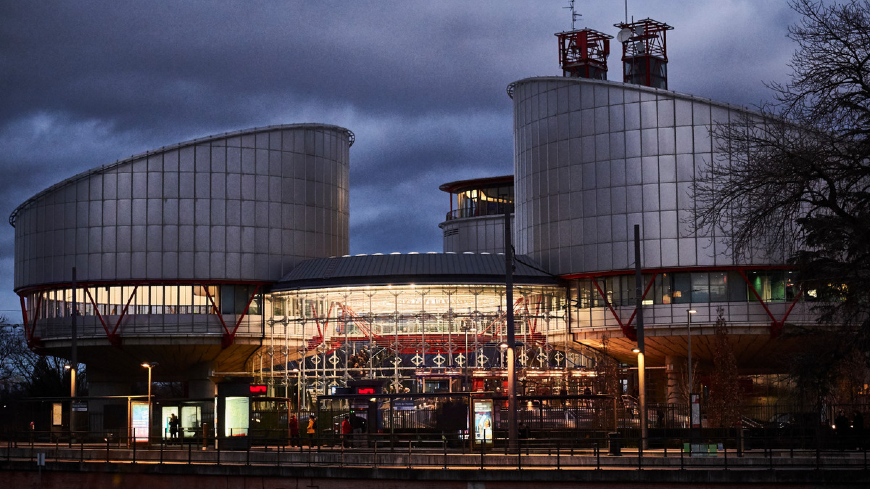On 10 February 2022, in a Chamber judgment in the case of Al Alo v. Slovakia (application no. 32084/19) the European Court of Human Rights held, unanimously, that there had been a violation of Article 6 §§ 1 and 3 (d) (right to a fair trial/right to obtain attendance and examination of witnesses) of the European Convention on Human Rights.
The applicant, Jamal Al Alo, a Syrian national who was born in 1981 and is serving a term of imprisonment in Dubnica nad Váhom Prison (Slovak Republic), complained that his trial and conviction on charges of migrant smuggling were unfair.
An important part of the evidence against him had come from the migrants who had been questioned only at the pre-trial stage of the proceedings and had then been expelled from the Slovak Republic and therefore were absent from the applicant’s trial. The applicant had not attended their pre-trial questioning because he had not been assisted by a lawyer at the time.
Relying on Article 6 §§ 1 and 3 (c) and (d) (right to a fair trial/right to legal assistance of own choosing/right to obtain attendance and examination of witnesses), the applicant had complained that he was not provided with legal assistance at the early stages of the proceedings against him and that his conviction had been essentially based on the pre-trial statements of two witnesses whom he had been unable to examine at trial.
On 24 February 2022, the European Court of Human Rights handed down a Chamber judgment in the case of M.B.K and Others v. Hungary, concerning an Afghan family of parents and four children detained in the Röszke transit zone between Hungary and Serbia for seven months (the family arrived in the transit zone in March 2017 and stayed there until they were granted refugee status and transferred to a reception centre in October 2017). They complained under Articles 3, 5, 8, 13 and 34 of the ECHR on the grounds that the conditions of their detention, the lack of effective remedy to complain about the conditions, and the state’s failure to comply with the interim measure, were all incompatible with their Convention rights.
The Court found a violation of Article 3 ECHR in respect of the children but not in relation to the adult applicants, as it noted that the living conditions in the transit zone were generally acceptable, and they did not show more vulnerability than other asylum seekers confined there (the Court set out that the fact that the family was not separated would have provided relief for the applicants). Furthermore, the Court found violations of Article 5(1) and (4); the Article 8 complaint was rejected; and regarding the Article 13 claim in conjunction with Article 3, the Court reasoned that as the Article 3 claim concerning the adult applicants was held inadmissible, the applicants have no arguable claim for the purposes of Article 13. Finally, the Court held that the remaining complaints (Article 13 in conjunction with Article 3 concerning the children, and Article 34) were admissible but it declared it unnecessary to examine them separately. The Court awarded 17000 euros of damages to the applicants in respect of non-pecuniary damage and 1500 euros for the proceedings before the Court.



